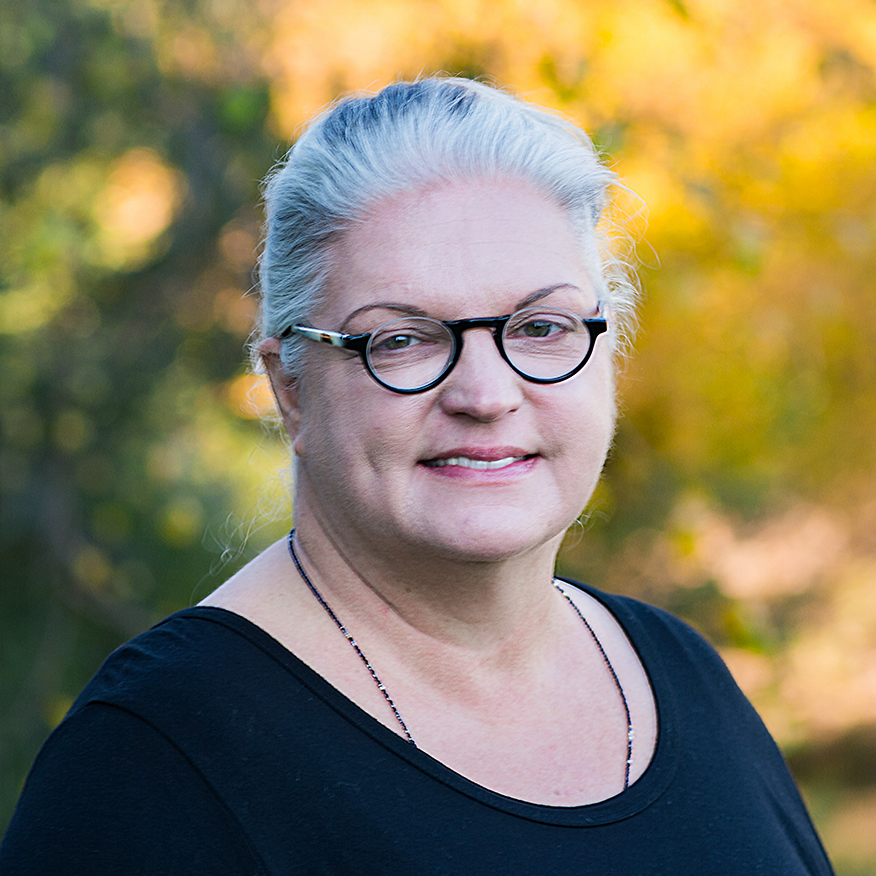H.R. 1799: The Safe and Efficient Transportation Act of 2009
At the end of March, Representative Mike Michaud of Maine introduced the Safe and Efficient Transportation Act of 2009. This bill, if passed, will allow states the option of increasing the maximum gross weight on Interstate highways from the current 80,000 pounds to 97,000 pounds. This new limit would apply to trucks equipped with at least six axles.
Included in the bill is a provision to increase fees for overweight vehicles and dedicate it to a fund that will help states pay for bridge repair and maintenance, which will be needed once the weight limits are increased.
The bill, which has 33 co-sponsors, has been referred to committees, though its most likely path through the Congress is its incorporation into the 2009 Highway Reauthorization Bill, which will set priorities for federal infrastructure improvements for the next five years.
One organization, the Agricultural Transportation Efficiency Coalition (AgTEC)—whose mission is to seek higher gross vehicle weights for trucks using federal highways and Interstates while transporting raw, unprocessed agricultural and forest products—is working to make sure this happens. In support of the bill, the organization has just reviewed and made available 11 studies that support the safety and efficiency of higher weight limits, including cost-benefit analyses.
Richard Lewis, President of the Forest Resources Association and an AgTEC member, commented on the importance of this measure: “As our country strives to rebuild our manufacturing industries, moving the basic materials that supply them as efficiently as our global competitors do will give that recovery a big boost. Independent research supports the experience of other countries that gross vehicle weight reform is both safe and practical.
These studies are available on AgTEC’s website at: www.ag-haul.org/research.html. AgTEC’s website also contains details about contacting members of Congress in support of this legislation: ag-haul.org/contact_congress.html.


 Suz-Anne Kinney
Suz-Anne Kinney


